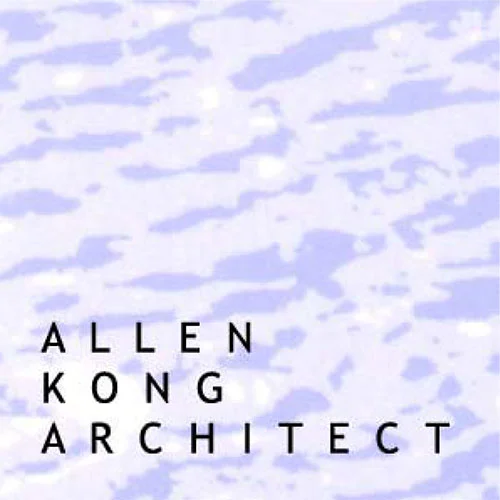
AKA are committed to integrating the principles of ecological sustainability within the larger fabric of social, cultural, and economic sustainability. Our buildings are functional, ecologically responsible, socially inclusive and demonstrate a community and civic conscience. Inseparable from these commitments is the creation of beautiful environments that nurture, uplift and delight the human spirit.
As a first principle we view the project from the quality of life of the individual user, how their needs, desires and requirements are met within the wider social, economic, cultural and environmental base. Simplicity and modesty are priorities that influence our design decisions and help us retain an ethical focus.
To achieve environmentally sustainable outcomes we adopt a design intensive approach rather than a technology intensive approach. We believe that an implicit level of simplicity is conducive to a user friendly building that is readily reproducible, contains fewer undesirable chemicals, and enjoys a long, flexible and efficient life.
The philosophy and approach of AKA reflects Allen’s own life history and personal journey. He has Chinese, Palawa (Tasmanian indigenous Australian), Scottish and English ancestry, which have disposed him toward a holistic view of architecture, based on an inalienable understanding of the living spirit relationship and interdependence. As a Feng Shui practitioner Allen understands the traditional Chinese medicine theory that built environment is an integral part of a health system. Caring for environment is an essential aspect of AKA’ s design. Allen’s background has also sensitized him to the importance of cultural relationships as defined by architecture.
“It’s designed for climate change, it’s great analysis.”
World Architecture News judge Jim Huffman commented on our Potter Street Project
Innovations in supported care environments
Innovations we will bring to the project and which have been successfully demonstrated in previous projects lie in the areas of resident dignity and comfort, space control, and materials:
- Design concepts, which take individual frailty (physical, psychological and social) into account, utilising ‘inclusive’ and ‘Universal design’ principles
- To reinforce and support the individual in terms of control over personal or shared spaces, emphasis will be laid on the personal space zones required to create a successful living environment. A carefully arranged layering of space is to be provided to allow a resident to control the level of intimacy and offer recognisable cues for other residents.
- Feng Shui principles, which aim to bring human habitats and activities into harmony with the visible and invisible world.
